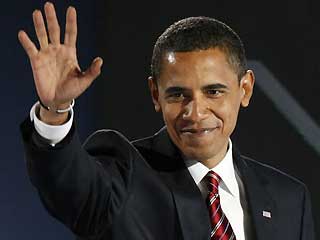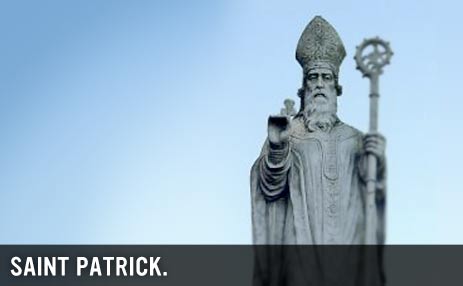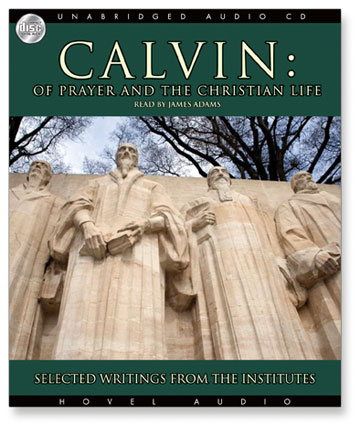
I would like to point everyone to some very good posts that came out yesterday on election day regarding how we, as Christians, are to respond to the new President. Justin Taylor says:
With Ohio being called for Senator Obama, it appears that he will be our next President.
It’s very easy to forget–especially for those of us who are on the younger side–that it was only a little over 40 years ago that there were Jim Crow laws in the US. Just a generation ago, many African Americans were segregated from whites in public schools, transportation, restrooms, and restaurants.
Tonight, the United States has elected a biracial man to serve as its leader.
It would be an understatement to call this a watershed cultural moment in our country’s history.
No matter who you voted for–or whether you voted at all–it’s important to remember that, as President, Barack Obama will have God-given authority to govern us, and that we should view him as a servant of God (Rom. 13:1, 4) to whom we should be subject (Rom. 13:1, 5; 1 Pet. 2:13-14).
There are many qualifications to add to these exhortations–for example, see this excellent post by John Piper–but it’s still important to remember that these are requirements for all Bible-believing Christians.
John Piper Says:
How does the Bible instruct us to pray for “all who are in high positions� It says,
First of all, then, I urge that supplications, prayers, intercessions, and thanksgivings be made for all people, for kings and all who are in high positions, that we may lead a peaceful and quiet life, godly and dignified in every way. This is good, and it is pleasing in the sight of God our Savior, who desires all people to be saved and to come to the knowledge of the truth. (1Timothy 2:1-4).
A few observations:
1. Giving thanks “for kings†is hard when they are evil.
And, as Calvin said on this passage, “All the magistrates of that time were sworn enemies of Christ.†This shows us that anarchy is a horrible alternative to almost any ruler.
We should give thanks for rulers because “non-rule†would unleash on us utterly unbridled evil with no recourse whatever.
Again Calvin: “Unless they restrained the boldness of wicked men, the whole world would be full of robberies and murders.†The better we understand the seething evil of the human heart that is ready to break out where there is no restraint, the more thankful we will be for government.
2. The effect we pray for is “that we may lead a peaceful and quiet life, godly, and dignified in every way.â€
Dignified means “serious and reverent,†not stuffy. I suspect what Paul means is not that we can’t live godly and serious lives during times of anarchy. We can. I suspect he means that peaceful and quiet lives, which are the opposite of anarchy, are often wasted in ungodly and frivolous actions.
So he is praying for a government that would give peace and quiet (not anarchy), and that Christians would not fritter away their peaceful lives with the world, but would be radically godly and serious about the lost condition of the world and how to change it.
3. Using our peace for radical godliness and serious action will lead to more effective evangelism and world missions.
This last observation is confirmed by the hoped-for outcome Paul mentions. Paul says that the reason God delights in such peaceful, Godward, serious action is that he “desires all people to be saved and to come to a knowledge of the truth.â€
More people will be saved if our government restrains the horrors of anarchy, and if Christians use this peace not to waste their lives on endless entertainment, but seriously give their lives to making God known.






